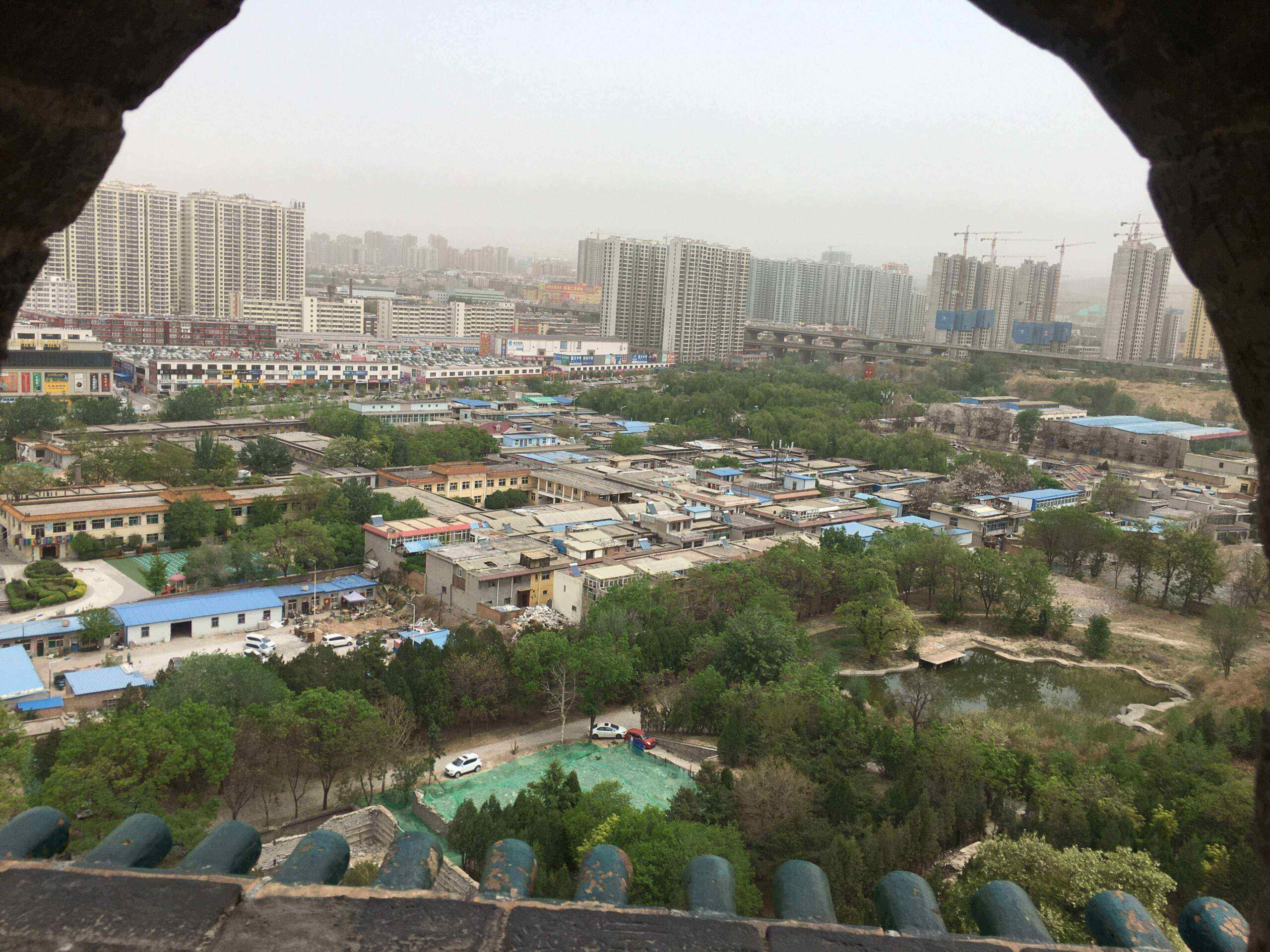Hundreds of thousands of servers are running continuously to support high-tech enterprises nationwide in fields like AI, autonomous driving, and quantum communication at Chindata Group’s big-data industrial park in Lingqiu County of Datong City, known as China’s coal capital or the coal-producing heartland in north China’s Shanxi Province.
The city has been exploring alternative industries for long-term growth as it phases out antiquated coal production capacity. Years of work have helped it establish itself as the province’s leader in advancing the digital economy in an endeavor to achieve high-quality development.
The city constructed a server capacity of up to 2 million units and built a total of 140,000 data center design racks. Its computing output has emerged as a new driver of development in a city that had previously relied on fossil fuels.
The Shanxi Provincial People’s Congress estimated that at the end of 2022, the digital economy in the province was worth more than 500 billion yuan (about 74.6 billion dollars).
Along with Datong, other traditional coal-producing cities in the province including Lyuliang and Yangquan are also pushing the digital economy in industries like big data, smart mining, and unmanned driving.
In the Xinyuan coal mine owned by the Lu’an Chemical Group Co., Ltd., robots are on patrol to keep an eye on mining 500 meters underground. The automated inspectors use 5G technology to relay real-time data to the mining company’s control center to assess mining safety.
In 2020, Xinyuan became China’s first coal mine with a 5G network. The smart operating system allows mine managers to view the operational state in 31 underground working scenarios, including ventilation fans and mining faces.
According to Ping Qingzhong, an expert with the Institute of Internet Industry, Tsinghua University, Shanxi has a strong industrial foundation, particularly in the energy industry, and the future of its digital economy, which is focused on modernizing these old industries, is promising.
During the meeting of the provincial legislature, the province administration wants to see its digital economy grow at a rate of more than 15% annually in the next five years.
Liu Yong, deputy director of the Shanxi provincial department of industry and information technology, said that in order to facilitate the digital transformation of traditional industries, Shanxi would increase the development of digital infrastructure and offer robust support for all-around high-quality development.


